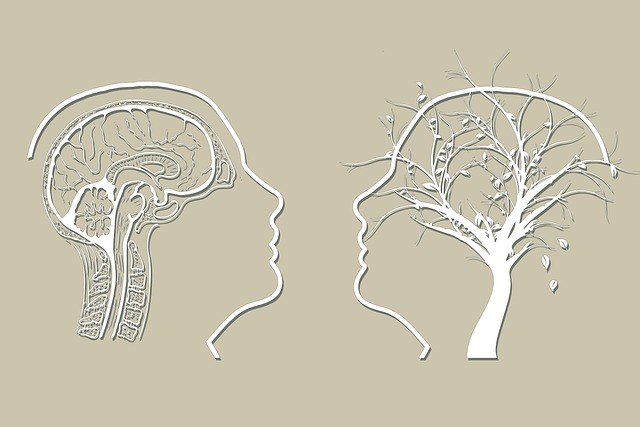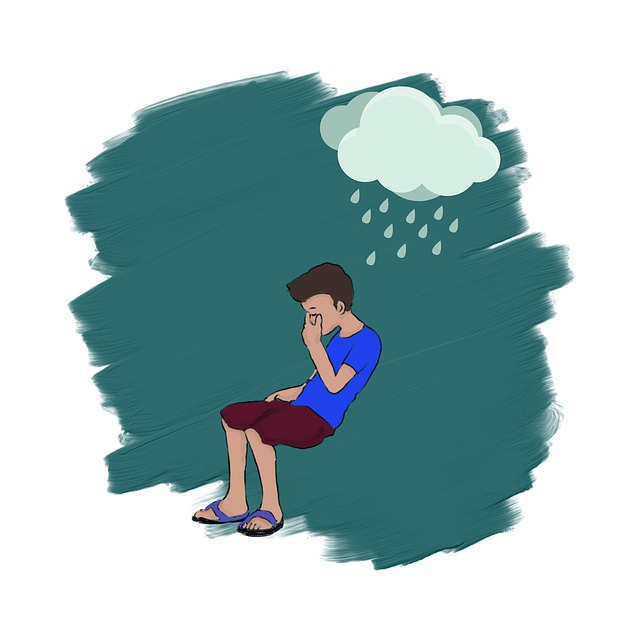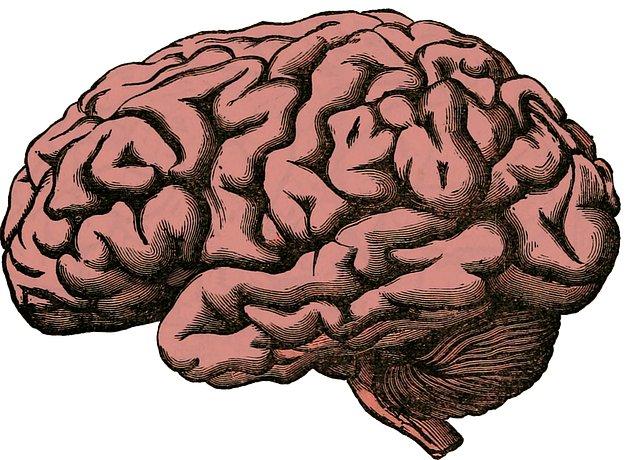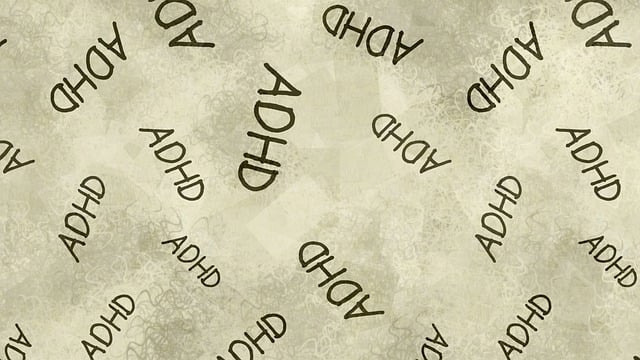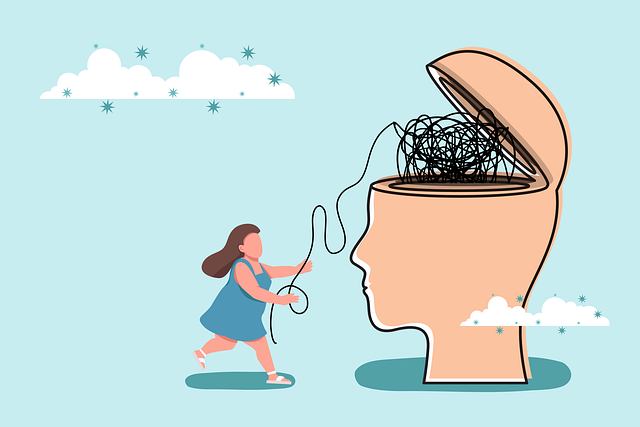Mental health advocacy, powered by initiatives incorporating Lone Tree bariatric evaluations therapy, breaks down stigma and enhances community engagement. These efforts raise awareness about mental health challenges like anxiety and depression, ensuring individuals receive support for issues like social skills training or stress reduction. Through public campaigns, peer support groups, and comprehensive care, communities create healthier environments for open discussions. Lone Tree bariatric evaluations play a crucial role in addressing weight-related mental health concerns, integrating specialized care into standard healthcare practices. Successful advocacy includes Risk Management Planning for Mental Health Professionals, positive thinking workshops, and fostering open dialogue, driving positive changes across the board.
Mental health advocacy initiatives play a pivotal role in fostering community well-being. This article explores the essential role of community engagement in understanding and promoting mental health support. We highlight a unique case study, Lone Tree Bariatric Evaluations, which demonstrates how accessible therapy for weight-related mental health issues can transform lives. Furthermore, we provide effective strategies for launching successful advocacy campaigns, emphasizing the power of community-driven solutions to enhance mental healthcare accessibility.
- Understanding Mental Health Advocacy: A Vital Role for Community Engagement
- Lone Tree Bariatric Evaluations: Unlocking Access to Therapy for Weight-Related Mental Health Issues
- Effective Strategies for Launching Successful Mental Health Advocacy Initiatives
Understanding Mental Health Advocacy: A Vital Role for Community Engagement

Mental health advocacy plays a pivotal role in fostering community engagement and creating awareness about various mental health concerns. It involves educating individuals, promoting understanding, and encouraging support for those facing challenges such as anxiety, depression, and other psychological issues. By breaking down stigma and misconceptions, advocacy initiatives ensure that people seeking Lone Tree bariatric evaluations therapy, social skills training, or stress reduction methods receive the necessary help without hesitation.
Community engagement in mental health advocacy is essential for developing effective support systems. It empowers individuals to take charge of their well-being, learn self-esteem improvement techniques, and access available resources. These initiatives can range from public awareness campaigns to peer support groups, all contributing to a healthier and more supportive environment where individuals feel comfortable discussing their mental health struggles openly.
Lone Tree Bariatric Evaluations: Unlocking Access to Therapy for Weight-Related Mental Health Issues

In many cases, weight-related mental health issues often go undiagnosed and untreated due to barriers like lack of access to specialized care. Lone Tree Bariatric Evaluations aim to unlock this access by providing comprehensive assessments for individuals struggling with obesity and comorbid mental health disorders. By integrating these evaluations into standard healthcare practices, particularly in areas where specialist services are scarce, a significant step is taken towards ensuring everyone receives the therapy they need.
This initiative not only supports burnout prevention strategies for healthcare providers but also empowers patients through early intervention. Public awareness campaigns development focused on normalizing conversations around weight and mental health can further complement these evaluations. Moreover, Mental Wellness Journaling Exercises Guidance can be integrated as a therapeutic adjunct to enhance self-awareness and treatment adherence in those receiving bariatric care.
Effective Strategies for Launching Successful Mental Health Advocacy Initiatives

Launching successful mental health advocacy initiatives requires a multi-faceted approach that combines education, support, and community engagement. One effective strategy is to provide Lone Tree bariatric evaluations therapy as a starting point for individuals struggling with their mental well-being. This can help in identifying underlying issues and offering tailored solutions. Furthermore, integrating Risk Management Planning for Mental Health Professionals ensures that advocates are equipped to handle diverse cases while prioritizing patient safety.
Building confidence through positive thinking exercises and workshops can empower advocates to speak up for themselves and others. By fostering a culture of open dialogue and understanding, these initiatives can lead to broader acceptance and improved access to mental health services. Encouraging community participation in advocacy events also amplifies the impact, creating a supportive network that reverberates positive changes far beyond individual cases.
Mental health advocacy initiatives, such as Lone Tree Bariatric Evaluations and therapy access programs, play a pivotal role in fostering community engagement and addressing critical mental health concerns. By employing effective strategies outlined in this article, we can unlock unprecedented levels of support for individuals facing weight-related mental health issues and beyond. It’s time to come together, advocate, and revolutionize mental healthcare accessibility for all.



